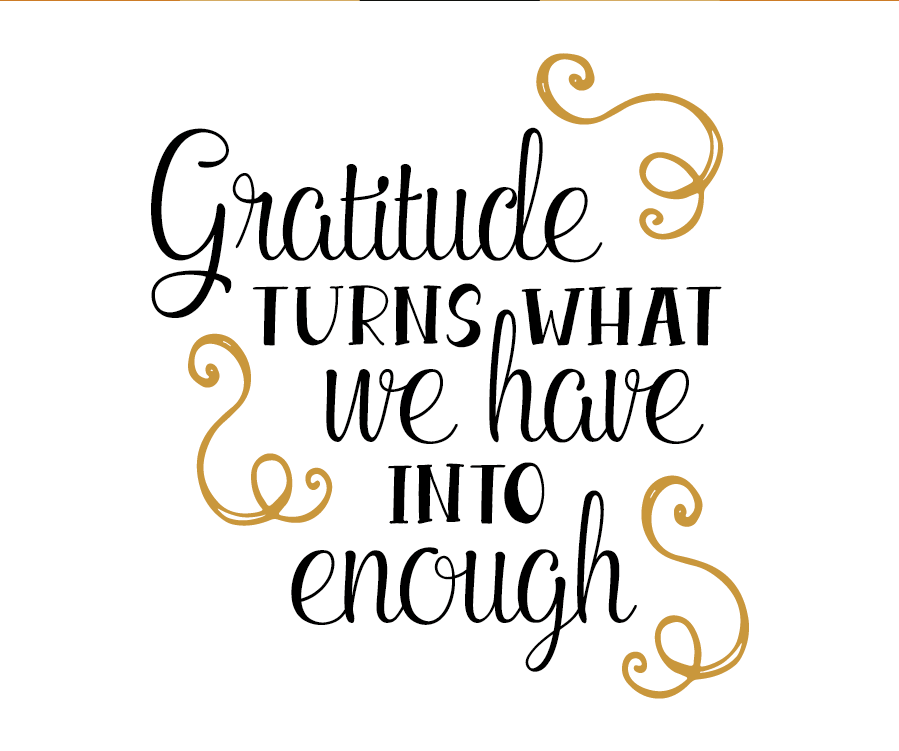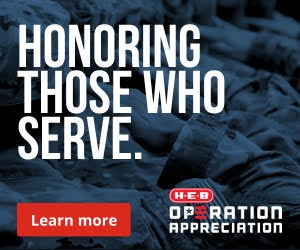Be grateful for who you are!
As Thanksgiving approaches, many of us will ponder what we are grateful for and possibly share what we are thankful for during our holiday meal. Giving thanks and expressing gratitude is an old and trusted concept. What is gratitude? It is the ability to recognize goodness in both your life and in the actions of others. Practicing gratitude helps you shift your focus from a glass half empty to a glass half full; or from what your life lacks to what it has. We each have our own perspective on gratitude. Although the past year and a half has been challenging, stressful and at times overwhelming, there is still much to be grateful for.
Metacognition, or reflecting on and directing your own thinking, plays a critical role in all cognitive tasks, including your ability to reflect on and learn from situations. Reflection is a diagnostic skill that helps you evaluate yourself and determine your learning needs, both in light of your own past performance and in comparison with recognized experts. Reflection helps you unpack your actions, to refine the component pieces, and then to put those pieces back together in a way that improves your life. Reflection that promotes learning happens in three primary moments—before, during, and after an event . Forecasting a cognitive task simply means
looking ahead. In these moments, we are thinking ahead about how we might tackle a task, how we will approach a problem, or what we will say during a difficult conversation. We’re reflecting on what’s coming. This process of forecasting or planning primes us to learn. When we reflect during an event, we can correct our course and make adjustments. We notice what is happening even as we are “in the arena” and can learn and experiment in the moment. Finally, retrospective reflection lets us look at a past situation, consider how effective our actions were, and then project forward to how we would approach a similar event in the future.
.
In some Eastern philosophies where pause and reflection are daily practices, practitioners are invited to acknowledge and express gratitude for things and people that, otherwise, would be taken for granted. As people express gratitude, not only do they benefit from the recognition of something or somebody that makes a positive difference in their lives but so do the recipients of the grateful feelings.
Our ability to reflect is threatened on many fronts. Being overscheduled, overworked, and overloaded affects our ability to pause and assess our circumstances and performance. But the noisier the world around us, the greater the need for dedicated reflection time.
So, during this Thanksgiving, I want to invite you to pause. Pause and reflect. Reflect on all the people who should receive your gratitude not only for the things they do, but for who they are, how they behave, what they stand for as individuals and as leaders themselves. And don’t forget to be grateful for who YOU are. Again, not for what you do or what you have, but who you are, the values you possess and what you stand for. Expressions of gratitude create better lives and, yes, improve personal and business performance.









